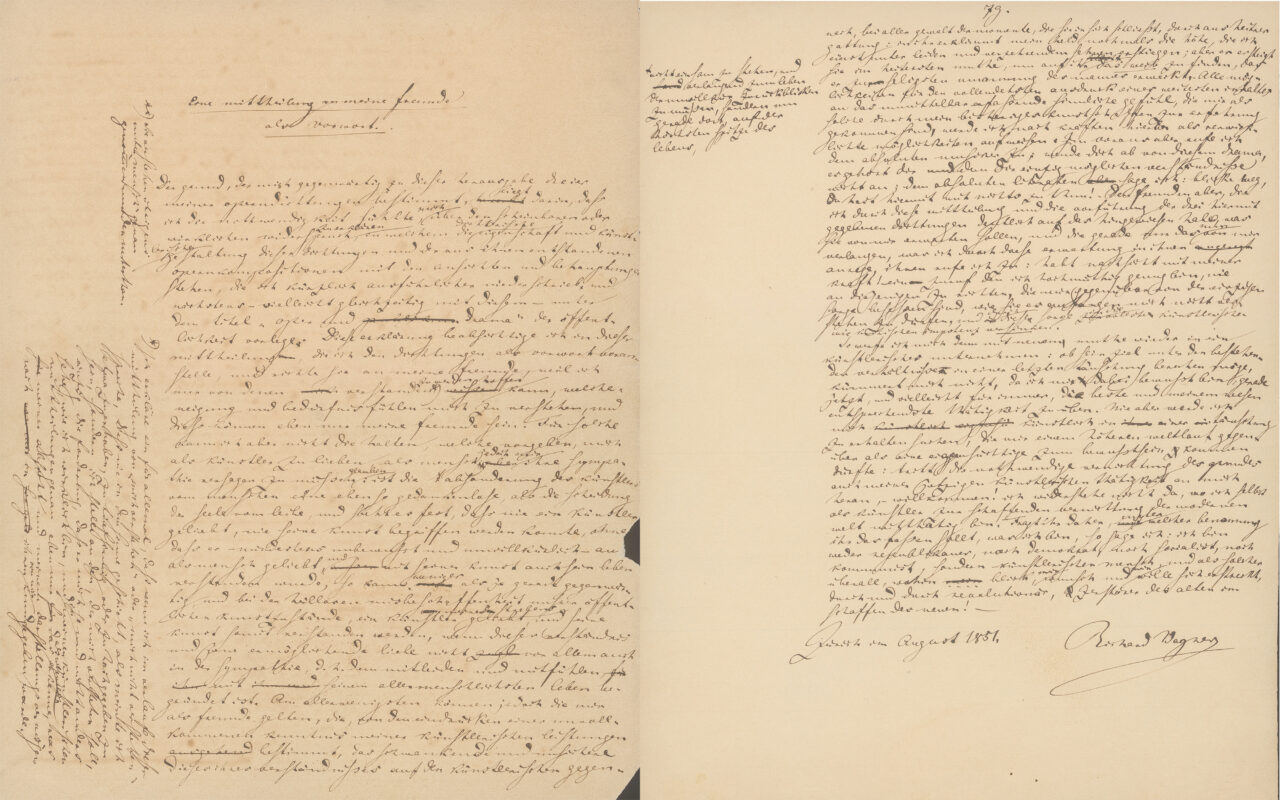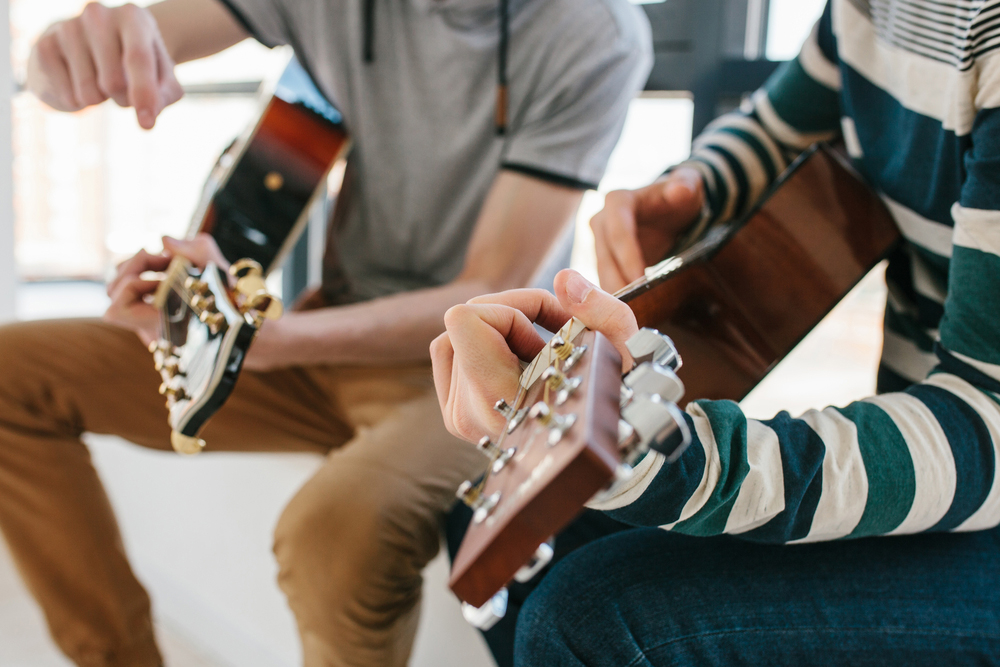New light on musicality
What does the ability to clap to the beat say about a person's overall musicality? An international research team involving the Max Planck Institute for Empirical Aesthetics (MPIEA) in Frankfurt am Main has investigated this question.

A total of 5648 people provided their genetic data, completed questionnaires on musical topics and solved music-related tasks. Among other things, they measured how well they could distinguish rhythms, melodies and pitches. Based on the genetic data, the team calculated a so-called "polygenic score" for sense of rhythm (PGSrhythm) - a kind of indicator for the genetic predisposition for sense of rhythm.
The PGSrhythm is able to predict general musicality. This is because genetic variants that underlie the sense of rhythm are also associated with other aspects of musicality. These include, for example, the ability to follow a melody or distinguish pitch and rhythm, but also the time people spend practicing or listening to music in general.
In addition, the team found a link between the musical environment in childhood and the PGSrhythm, suggesting a correlation between genes and environment. The results of the study show that PGSrhythm can predict people's general musicality, as well as their tendency to enjoy and engage with music, including dance skills.
Original article:
https://www.aesthetics.mpg.de/newsroom/news/news-artikel/article/neue-erkenntnisse-zu-genetischen-einfluessen-auf-musikalitaet.html







